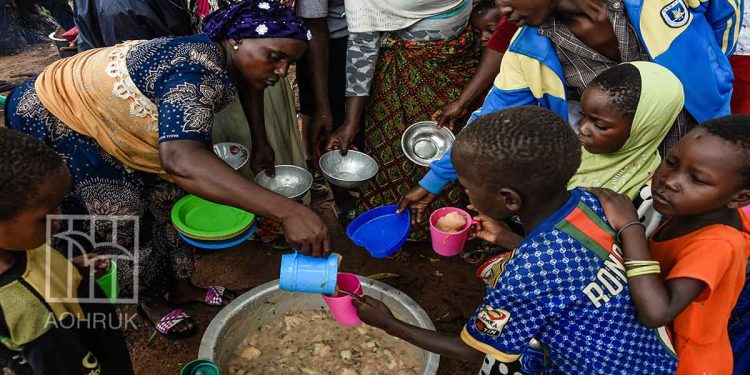El-Fasher, the capital of North Darfur in western Sudan, is facing an escalating humanitarian disaster as a result of a siege that has lasted for more than a year.
On Thursday evening, the Sudanese Doctors’ Network announced that 23 people, most of them women and children, including five pregnant women, had died from malnutrition in September alone.
The network held the Rapid Support Forces directly responsible for the humanitarian catastrophe, accusing them of maintaining the blockade of the city since 10 May 2024 and preventing the entry of food and medicine. It warned that “every day of delay in lifting the siege and delivering aid amounts to a collective death sentence for civilians”.
International humanitarian law, particularly the Geneva Conventions and their Additional Protocols, absolutely prohibits the starvation of civilians as a method of warfare and classifies it as a war crime. A siege that blocks the entry of essential supplies such as food and medicine constitutes a grave violation of civilians’ rights to life and health.
The UN Security Council and other UN bodies have repeatedly stressed that denying humanitarian access in armed conflicts amounts to a serious violation that could expose those responsible to international criminal prosecution.
Since the start of this year alone, 239 children have died due to shortages of food and medicine amid warnings that the current situation risks a “silent genocide” in El-Fasher, where tens of thousands of women and children face slow death from hunger and disease.
Since the war between the Sudanese army and the Rapid Support Forces erupted in mid-April 2023, more than 20,000 people have been killed according to UN estimates. An independent study by US universities has put the toll at around 130,000 deaths. About 15 million people have been displaced or forced to flee, in one of the world’s worst humanitarian crises.
The crisis in El-Fasher once again reveals the scale of abuses faced by civilians in Darfur, where starvation has become a systematic weapon in a devastating war; a situation that poses a real test for the international community between its legal and humanitarian obligations on the one hand, and the tragic reality of continued silence that deepens victims’ suffering on the other.


























